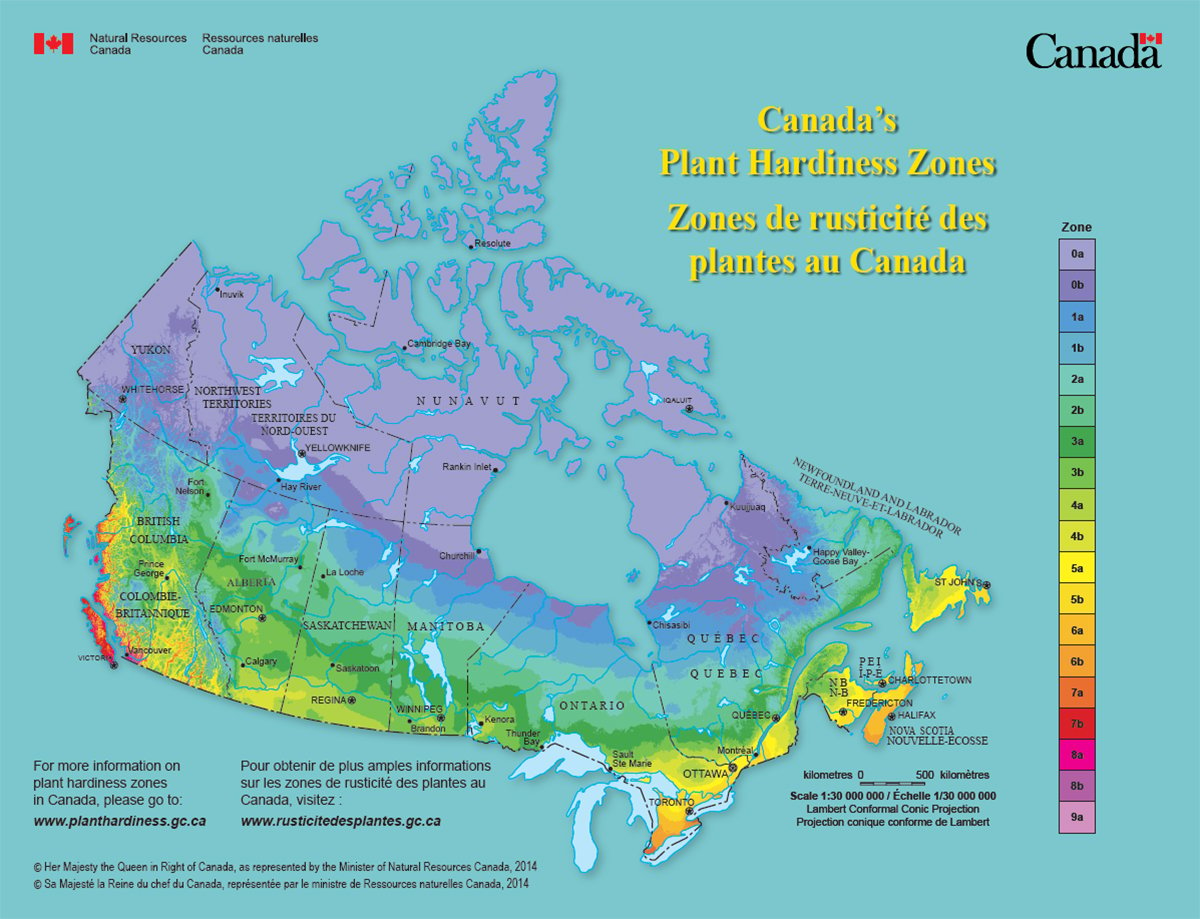Confusion and concern are common among Manitoba producers as they attempt to unravel the meaning of the province’s rules for nutrient management, particularly the water quality management zones.
“They’re certainly causing everybody in the industry a whole lot of stress,” said Tom Baron, a cattle producer near Carberry, Man. “That’s probably the last thing they need right now.”
Baron chairs North Cypress Livestock Producers, a group of Carberry area producers who last week met with provincial government officials to learn how impending regulations might affect them.
Read Also

Canada’s plant hardiness zones receive update
The latest update to Canada’s plant hardiness zones and plant hardiness maps was released this summer.
Baron left the meeting convinced that the proposed water quality management zones will add costs for producers while limiting what they can do with their land.
At the same time, he wonders whether the rules will bring much benefit to the environment.
“Because of all these regulations, you’re seeing a moratorium being put on the cattle business in Manitoba,” he said.
Producers attending the meeting in Carberry were told that the province wants to curtail the amount of nitrogen and phosphorus carried into surface water to prevent algae blooms, which can deplete oxygen in the water, kill fish and release harmful toxins.
Dwight Williamson, director of Manitoba Water Stewardship, said agriculture is one of several sources of the nutrients accumulating in Lake Winnipeg.
The province is striving to get more control over the other contributors, he said. Those include waste water sludge from lagoons, septic fields at rural homes and inorganic fertilizer applied to parklands and golf courses.
Science shows there has been an increasing loss of nutrients from urban and rural landscapes, said Williamson, “and unless we change our practices, it’s going to continue to get worse. It didn’t happen overnight and it’s not going to be fixed overnight.”
The provincial regulations could restrict farming activities in some parts of Manitoba. KAP vice-president Ian Wishart said in a recent interview that the province is moving too fast on the water zones and is overlooking alternative ways to work with producers to address the issue.
At the same time, there appear to be no incentives for producers or promises of compensation for the hardships the proposed zones may cause, he said.
“It’s going to push some guys out of business and we don’t want that to happen. It’s tough enough out there.
“I’m pretty disappointed. I think there could be a much better approach here.”














